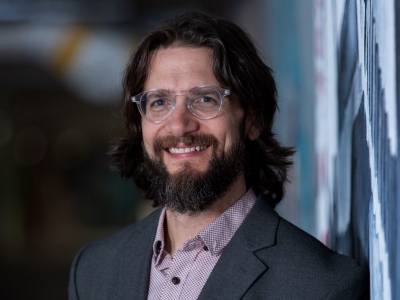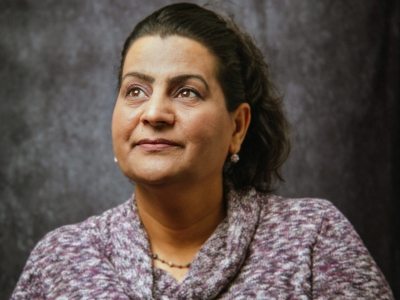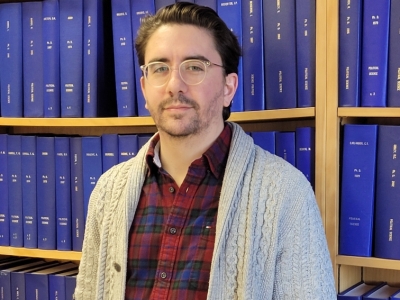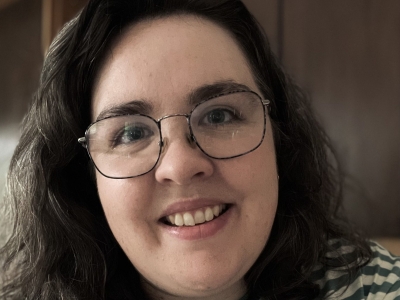Six Faculty of Public Affairs researchers have won prestigious Insight Development Grants from the Social Sciences and Humanities Research Council (SSHRC).
The grants support short-term early research as it’s being developed, encouraging new research questions, new methods, theoretical approaches and ideas. The Faculty’s success with the Social Sciences and Humanities Research Council awards reflects the strong emphasis FPA places on high-quality research that aims to address regional and global challenges.
The 2016 Insight Development Grant Award Winners
Kenta Asakura, School of Social Work
Promoting resilience among trans youth in Canada: A participatory action research project on trans representation
Despite the increase in awareness about trans people, trans youth are extremely vulnerable: experiencing higher rates of violence, discrimination and suicide than the population as a whole.
Professor Asakura is collaborating with the Youth Services Bureau in Ottawa to recruit trans and gender non-binary youth who will identify trans representations in the mainstream media, recast them in a way that’s more meaningful, and share them on social media. The researchers will then examine the resilience development and processes among the participating youth.
Ba Chu, Department of Economics
Structural Breaks in Panel Data Models with Grouped Patterns of Heterogeneity
Professor Chu and collaborator Lanh Tran of Indiana University are studying structural instability within group-heterogeneous spatial panel data, which differs from the typical approach of treating structural instability and group-specific patterns of heterogeneity separately. Their research has promising potential for an analysis of “the interrelationships among economic, financial, biometric and other variables measured from different groups and different points in time.”
Nathan Grasse, School of Public Policy and Administration
Canadian School Board Governance Executive Leadership, and School District Performance
There has been little research on the function of school boards despite the fact that these boards control public institutions and influence student learning. Professor Grasse, his co-applicant Jack Lucas (University of Calgary) and his collaborators Michael Ford (University of Wisconsin, Oshkosh) and Douglas Ihrke (University of Wisconsin, Milwaukee) will use qualitative and quantitative methods to test assumptions and gather feedback on the function of school boards in Ontario and Alberta.
The researchers will assess both informal (small group behaviours) and formal (institutional rules) methods to test assumptions and gather feedback. They will also employ doctoral students who will gather original data and help establish new scholarship on the subject.
Paloma Raggo, School of Public Policy and Administration
Accountability Beyond Borders
Recent scandals involving international governmental organizations (INGOs) have led to increased public demand for oversight of these charities. Professor Raggo’s research asks, “How are INGO patrons, staff, and beneficiaries involved in accountability decisions that affect the organization’s practices?”
She is focusing on two in-depth case studies with INGOs to create “a comprehensive understanding of accountability beyond borders” and to create presentations and publications that will be shared with the INGO community and stakeholders.
Alex Wilner, Norman Paterson School of International Affairs
Multidomain Cyber Deterrence: Theory and Practice
American internet platforms within the military, civilian and private sectors are attacked thousands of times a day, which is impeding navigational freedom in cyberspace.
Professor Wilner’s research is looking at “how deterrence theory can be applied to cyberspace by state and nonstate actors” with the hypothesis that the victims of attacks “fail to account for the utility of non-punishment-based deterrent strategies in cyberspace.”
Professor Wilner is constructing two exploratory cases with the Department of National Defence and the NGO community. He intends his project to contribute to the “reimagining” of deterrence theory by providing a new framework, as well as guidance to government and NGO stakeholders.
The Insight Development Grant winners join several other SSHRC winners in our Faculty this year:
Meet our 2016 Insight Grant winners.
Meet our 2016 Partnership Grant winner.
Wednesday, November 9, 2016 in Celebrating Excellence, Department of Economics, News, Research, School of Public Policy and Administration, School of Social Work
Share: Twitter, Facebook



